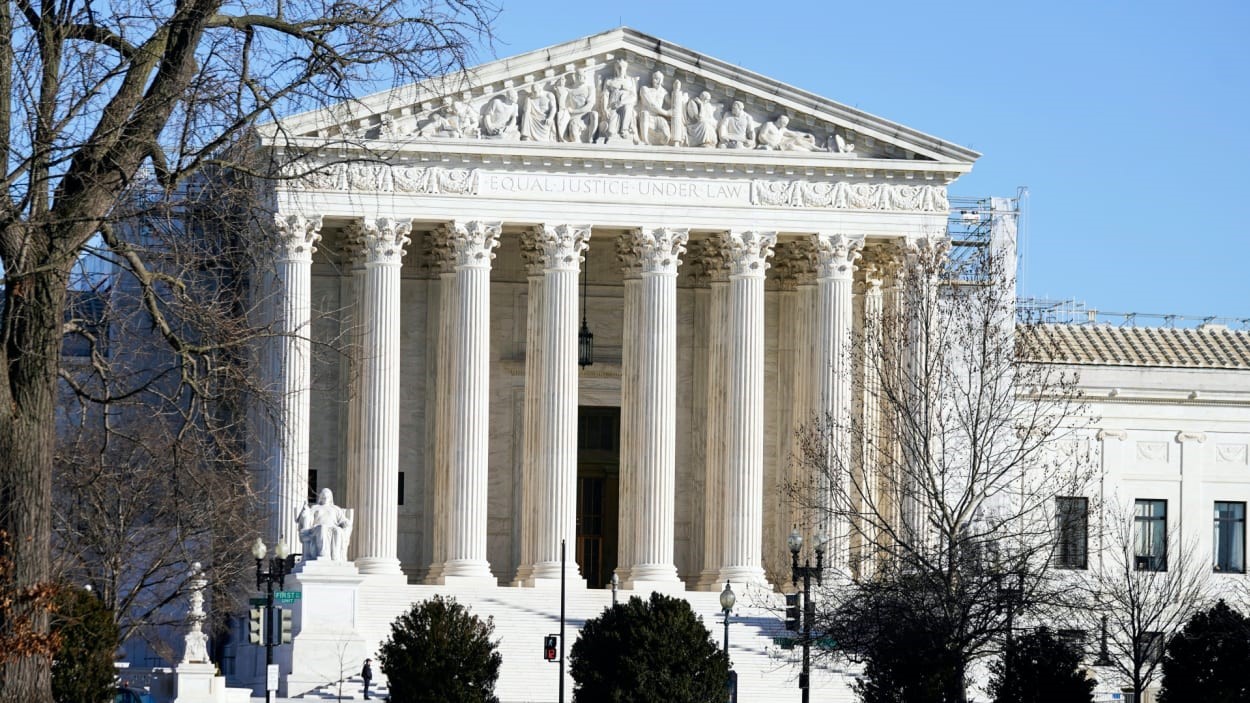The Supreme Court rejects Apple’s appeal. Here’s how that could change the App Store
WASHINGTON (AP) — The Supreme Court on Tuesday allowed a court order to take effect that could loosen Apple’s grip on its lucrative iPhone App Store, and potentially affect billions of dollars in revenue a year.
The justices rejected Apple’s appeal of lower-court rulings that found some of Apple’s App Store rules for apps purchased on more than one billion iPhones constitute unfair competition under California law.
The appeal stemmed from an antitrust lawsuit filed by Epic Games, maker of the popular Fortnite video game. Epic lost its broader claim that Cupertino, California-based Apple was violating federal antitrust law, and the justices also rejected Epic’s appeal Tuesday.
But in turning away Apple’s plea, the court lifted a hold on an order to allow app developers throughout the U.S. to insert links to other payment options besides its own within iPhone apps. That change would make it easier for developers to avoid paying Apple’s commissions.
Epic, based in Cary, North Carolina, had claimed that Apple’s App Store—which was launched in 2008, a year after the first iPhone went on sale—had turned into an illegal monopoly that stifles innovation and competition while generating billions of dollars in profit for Apple.
Epic tried to offer an alternative way to get its mobile app, attempting to evade the developer fees inside the App Store, which collects a commission of 15% to 30% on subscriptions and other digital transactions.
Apple ousted Epic from its App Store after it tried to get around restrictions that Apple says protect the security and privacy of iPhone users while also helping to recoup some of the investment that powers one of the world’s most ubiquitous devices.
Last month, Epic won a jury trial against Google and its Play Store for apps on Android phones in a lawsuit mirroring its action against Apple. A federal judge still must determine what changes Google will have to make to its Play Store.
(16)



